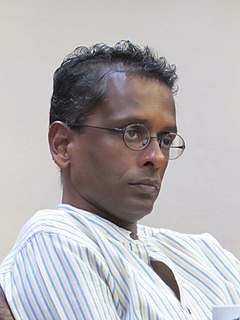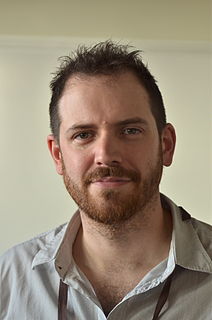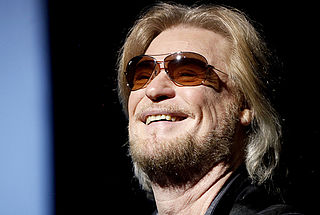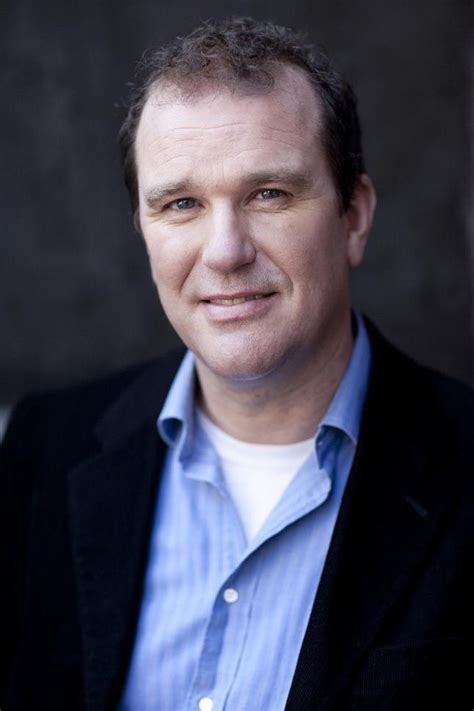A Quote by Shyam Selvadurai
In the late 20th century, it became possible to travel between cultures, between the old world and the new, with great ease. So when you go back, you take the changed person with you who, in turn, changes things that otherwise might have stayed the same.
Related Quotes
I feel like we're between two great possibilities: we're either going to turn things around, and in this generation see the rising sun of a new moral dedication in America, or we're going to lose the struggle for that moral renewal, throw away the basic principles on which our life and civilization is based, and head toward a new century that will make the 20th century look like a dress rehearsal for evil.
Earlier the world was bi polar. Foreign policy would be centered around two super powers. India was a little late in realizing that this bi polar situation was for namesake. Now the entire world, in changed circumstances, especially in 21st century, it is more interdependent and inter connected, earlier, the foreign policy was possible between governments, but today it is not possible just between governments. Government relations are important but increasing people to people contact is equally important. There's been a shift in paradigm.
The different American experience of the 20th Century is crucial because the lesson of the century for Europe, which essentially is that the human condition is tragic, led it to have a build a welfare system and a set of laws and social arrangements that are more prophylactic than idealistic. It's not about building perfect futures; it's about preventing terrible pasts. I think that is something that Europeans in the second half of the 20th century knew in their bones and Americans never did, and it's one of the big differences between the two Western cultures.
Changes in society are due chiefly to the development of the internal contradictions in society, that is, the contradiction between the productive forces and the relations of production, the contradiction between classes and the contradiction between the old and the new; it is the development of these contradictions that pushes society forward and gives the impetu6 for the suppression of the old society by the new.







































